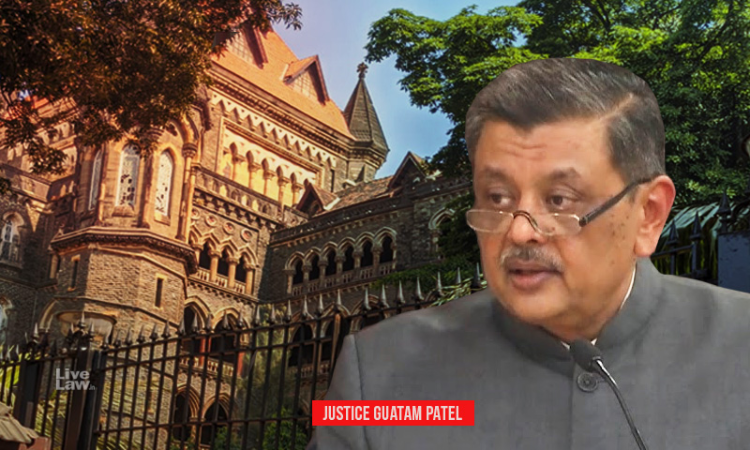Registration Of Copyright Not Mandatory For Seeking Protection Under Copyright Act: Bombay High Court
Akshita Saxena
15 March 2021 2:21 PM IST

Next Story
15 March 2021 2:21 PM IST
The Bombay High Court has held that registration of copyright is not mandatory under the Copyright Act, 1957 for seeking an injunction against infringement. "Copyright Act gives a range of rights and privileges to the first owner of copyright without requiring prior registration," observed a Single Bench of Justice GS Patel. The Judge emphasized that Section 51 of the Copyright...
